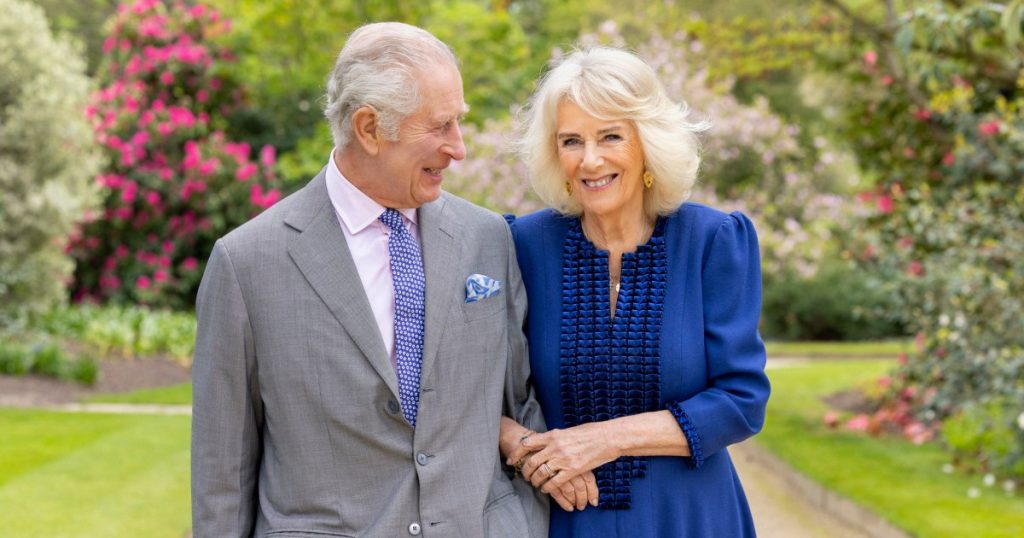Charles, aged 75, has been diagnosed with cancer and has been limiting his public duties since his diagnosis in February. Doctors discovered the cancer after he was hospitalized for an enlarged prostate, though the palace has clarified that he does not have prostate cancer. The palace has stated that Charles’s treatment program is ongoing and his doctors are pleased with the progress he has made. It is uncertain how long his treatment will last, but his medical team remains hopeful about his recovery. While Charles is resuming some duties, his summer program will be limited and subject to the advice of his doctors.
The news of Charles’s diagnosis has created a delicate period for the British royals. Princess Kate, the Princess of Wales, also revealed recently that she is being treated for cancer. However, both Charles and Kate have not disclosed details about the type of cancer they have or their prognosis. Their convalescence has left the royal family in a vulnerable position, especially with the absence of Queen Elizabeth II after her passing in 2022, and the withdrawal of Prince Harry, Meghan, and Prince Andrew from public roles. While Charles has returned to public life at an Easter Sunday service, Kate’s return to the public eye has been delayed.
Despite some praise for his transparency about his cancer diagnosis, Charles has faced criticism for not revealing the specific type of cancer he has. Some medical experts have questioned the wisdom of keeping this information confidential, as it may hinder others from getting screened for the disease. Charles admitted that he made his diagnosis public in the hope of encouraging other men to prioritize their health and get regular check-ups. His openness led to a significant increase in traffic to the National Health Service’s website page on enlarged prostate.
The royal family’s struggle with health issues and privacy expectations versus public demands for transparency has been highlighted by Charles and Kate’s cancer diagnoses. The royal institution is facing pressure to provide more information about their health conditions, which is a departure from past practices of keeping illnesses hidden. Charles’s revelation of his cancer diagnosis has served as a catalyst for discussions around the importance of early detection and regular health screenings, despite the challenges of disclosing personal medical information. The public interest in the royals’ health underscores the complex relationship between monarchy and public accountability.
Charles’s determination to resume some public duties despite his ongoing medical treatment reflects his commitment to serving the public while prioritizing his health. The palace has emphasized that Charles’s participation in public events will be limited and guided by his medical team’s advice. Despite the uncertainties surrounding his recovery timeline, Charles remains positive about his progress. The royal family’s resilience in the face of health challenges and public scrutiny underscores their ongoing commitment to fulfilling their duties while navigating personal struggles. As Charles and Kate continue their cancer treatments, the royal family’s ability to adapt to changing circumstances will be tested, highlighting the balance between maintaining privacy and meeting public expectations.


